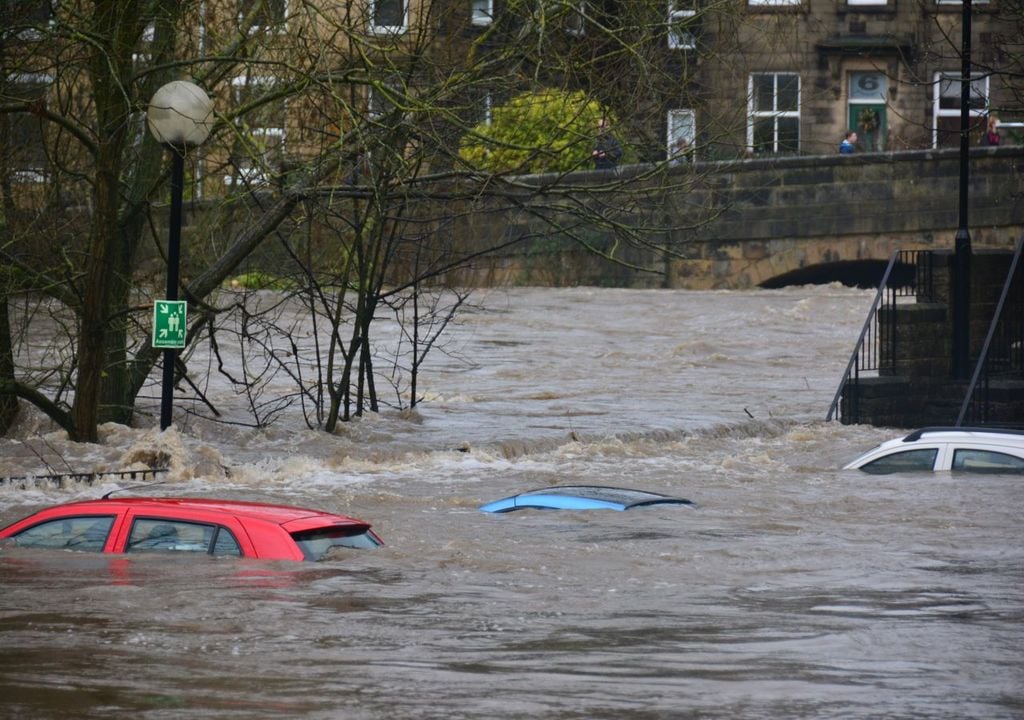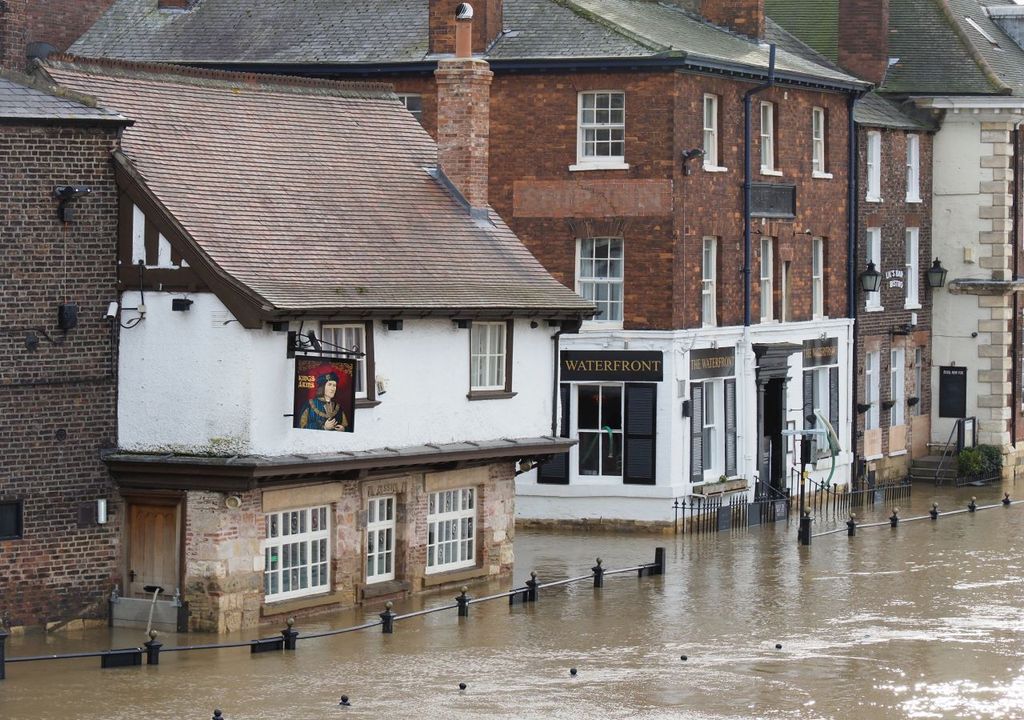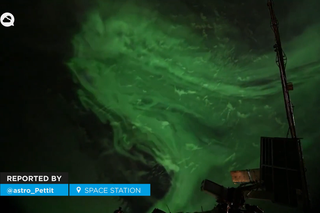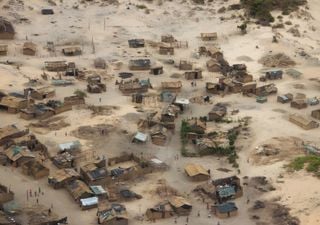New flood research and development centre for "most destructive natural hazard"
£6.5 million FLOOD centre will research the most destructive natural hazard humanity faces.

With much of the UK experiencing flooding over the last few weeks, news that a research and training centre to better understand and manage this natural hazard couldn’t have come at a better time.
With one in six homes in the UK at risk of flooding, the £6.5million hub will pool together environmental experts invested in protecting against rising river, rainfall and sea levels and make the UK more resilient to flooding.
FLOOD centre
“Flooding is the most destructive natural hazard that humanity faces with nearly two billion people exposed to its risk,” says Ivan Haigh, a professor of sea level and coastal impact at the University of Southampton who will oversee the new FLOOD Centre. “We need to act now and come together to improve the way we manage the large and growing threat of flooding in the UK and elsewhere in the world.”
The biggest drivers of flooding are increased river flow, surface runoff, storm surges and waves, Haigh says, which are compounded by climate change and shifting populations, growing challenges that the new hub will work to combat.
“We will train experts to best understand how to tackle the challenges of floods in future years, not only for the UK but countries globally who are facing extreme problems from climate change,” he says.
“This is a great opportunity to focus science research directly around the challenges faced by those managing and responding to flooding,” adds deputy director Dr Jennifer Brown, from the National Oceanography Centre.
At the FLOOD centre, scientists will use advanced monitoring and new forms of computer modelling, artificial intelligence and machine learning to improve their understand of flooding, and map and forecast future flooding risks
Welcome news
Dr Sean Longfield, a lead scientist from the Environment Agency, said the centre represents a fantastic opportunity to train a new generation of practitioners and researchers in flood and coastal risk management: "We look forward to working closely with a diverse range of people, skills and academic perspectives over the next seven years to develop world-leading research to improve our understanding of and resilience to future flooding and coastal change."
Tyne Rivers Trust CEO Dr Ceri Gibson says: “Having just returned from the Trent catchment, where thousands of people and businesses are suffering from flooding, I cannot think of a better time to get this exciting initiative up and going.”

“As recently witnessed in both global and domestic events, the flood risk challenges posed to society and the environment from a changing climate are profound, systemic and increasingly complex,” adds Associate director Ben Murray from sustainable engineering experts ARUP. “Therefore training the next generation of interdisciplinary practitioners is essential.”
Funding for the centre, which will be led by the University of Southampton, has been provided by the Natural Environment Research Council (NERC), the universities of Bristol, Loughborough and Newcastle, the National Oceanography Centre, UK Centre for Ecology & Hydrology and British Geological Survey, and is supported by 37 organisations in the flood sector, from local authorities, national government, water, energy and infrastructure companies, environmental, engineering and management consultancies, regulators, finance and (re)insurance companies and charities.








